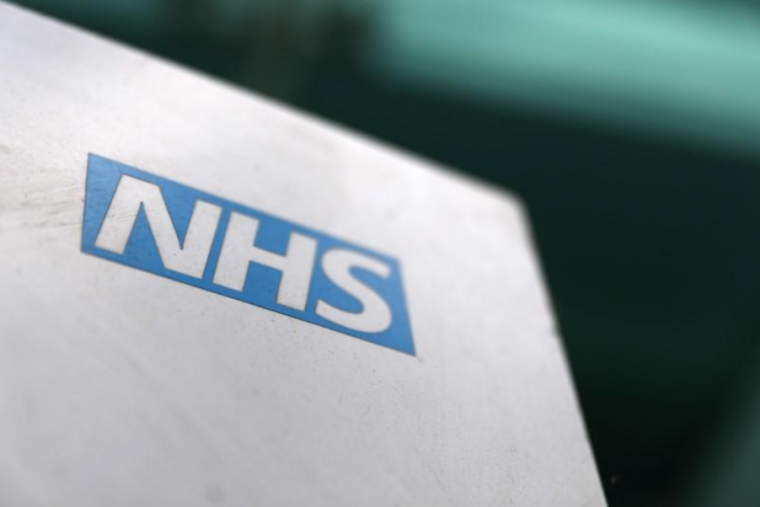CARE launches new campaign encouraging people to consider organ donation

It's Organ Donation Week 2018 this week and to get people thinking about the issue, CARE has launched a new online campaign.
The Christian organization is asking people to think about whether organ donation could be something they would be prepared to do. The online campaign also celebrates those who have already donated an organ.
CARE spokesperson, James Mildred, 'We know that organ donation saves lives and it represents a beautiful gift when someone chooses to voluntarily donate their organs so others can benefit.
'This week is a great opportunity to encourage everyone to start having conversations within their families about organ donation and whether we want to donate or not.
'Last year during organ donation week, more than 34,000 people joined the organ donation register which is simply fantastic and shows what can be achieved through raising public awareness.'
The NHS is making families a focus of Organ Donation Week this year as, in the UK, family opposition remains the main reason why organ donations are unable to proceed.
According to NHS figures, around 6,000 people are on the waiting list for an organ donation and transplant.
The NHS holds Organ Donation Week as a way of getting people talking about organ donation. Last year, over 34,000 people joined the NHS Organ Donor Register during Organ Donation Week.
According to the Government, at least 50,000 people in England are alive today because they received an organ donation and transplant. However, it is concerned by the shortage of consenting organ donors and is consulting on whether to change the law in England so that people are automatically considered willing to donate an organ unless they take steps to opt out.
CARE is urging the Government away from this proposal. The Christian advocacy group fears that the opt-out system may lead to fewer organ donors if people take offence at the idea of the state presuming their consent.
It says the Government should instead prioritise its resources on increasing the availability of specialist organ donation nurses.
Mr Mildred said: 'It is right to seek ways to increase organ donation levels. CARE understands the desire to increase organ donation levels and we have always argued that we should be doing so in an ethically responsible way and in a way that is proven to be effective.
'In this connection, the Government's plans to move to an opt-out system are deeply concerning. Both ethically and from the point of view of the international evidence, shifting to an opt-out system is problematic and not guaranteed to work.
'In fact, it diverts money away from measures that have been proven to work in increasing the number of organs available for transplantation.
'That's why we are calling on the Government to instead recruit more specialist nurses because we believe this is one measure that is proven to help increase the number of organ donations.'
In 2017, research by the Nuffield Council found that when a trained organ donation nurse spoke with families, rates of family consent were 68.6 per cent. By comparison, only 27.5 per cent of families gave their consent when they were approached by staff who had not undergone specialist training.
Hugh Whittall, director of the council, said previously: 'The evidence points very strongly to the fact that decisions about deceased organ donation are most effective when they are based on the known wishes of the donor, and involve discussions between trained professionals and relatives.
'Whilst there continue to be calls to introduce an opt-out system for organ donation, more evidence needs to be gathered over a longer period before deciding whether to extend this system to other countries.
'The key issue appears to be knowledge of the deceased's intentions and skilled support in discussing the possibility of donation with the family, rather than the legal basis for donation.'











